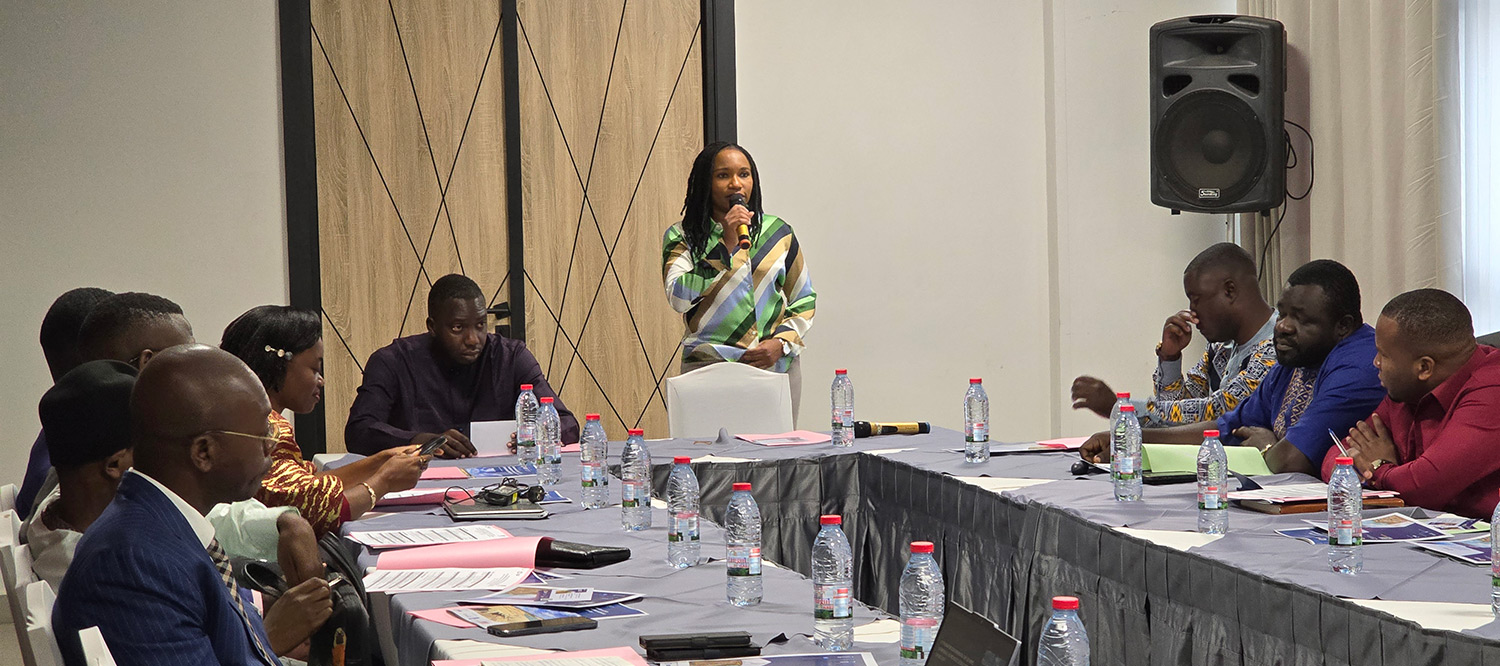The Challenge
Cameroon’s mining sector is dominated by artisanal and small-scale mining operations (ASM), which include both traditional artisanal mining and semi-mechanized operators, as defined in the country’s mining code. Gold is the most exploited mineral resource, but there are also some operations involving precious, semi-precious, and ornamental stones.
Artisanal mining, carried out exclusively by Cameroonians using rudimentary tools, is mostly informal. Under the country’s mining code, oversight of this activity is assigned to municipal councils. The government estimates there are more than 50,000 artisanal miners and that annual gold production from this sector exceeds 1.5 tonnes.
By contrast, semi-mechanized artisanal operators—which include both nationals and expatriates—are over 80% compliant and are supervised by the mining ministry. There are 90 semi-mechanized companies in Cameroon.
The country’s artisanal miners commonly use toxic chemicals, such as cyanide and mercury, for gold recovery, discharging effluent into waterways and contributing to soil pollution, deteriorating water quality, and affecting the health of local populations. Moreover, this open-water processing method results in losses of around 50% during gold recovery, thus wasting the resource.
As a member country of the IGF, Cameroon requested support to strengthen government capacity to implement policies and develop effective regulations to improve governance in the sector.
Our Role
In response to their request, the IGF designed and delivered a 4-day capacity-building workshop in August 2024 on Environmental Management in Artisanal and Small-Scale Mining (ASM). It was held in the capital of Yaoundé and attended by 16 key officials from the country’s ministry of mines, including representatives from regional and ASM-focused offices.
Workshop in Yaoundé and Mine Site Visits in Kambélé
Workshop modules covered mine waste management, site rehabilitation, mercury-free and cyanide-free mining, and abandoned mine sites, among others. The program also included interactive sessions that focused on assessing Cameroon’s current practices and top priorities. As part of the workshop, participants visited gold mining sites in the town of Kambélé to directly observe the ASM operations they are tasked with governing.
Our Impact
Three months after the IGF’s workshop, Cameroon issued a prime ministerial decree that established new regulations for the mining sector, building on efforts to strengthen mining governance that began in 2023. Among these new regulations, the government announced a new measure to ensure site restoration—a key focus of the IGF’s program. Under this new system, the government will collect a restoration deposit of FCFA 3,000,000 (USD 5,225) per hectare from semi-mechanized ASM operators. In addition, each semi-mechanized operator will be required to submit a certificate of environmental and social compliance regarding site restoration, rehabilitation, and closure planning.
“The IGF workshop encouraged us to introduce the rehabilitation bond for semi-mechanized mining sites. We hope that requiring this bond will encourage operators to restore sites to obtain reimbursement, rather than abandoning mine sites,” said Monique Béatrice Meyena Ekongolo, Head of Service for Artisanal and Small-Scale Mining at the Ministry of Mines, Industry, and Technological Development of Cameroon.
In January 2025, mining authorities also decided to regulate the import, transport, and storage of cyanide and other chemicals commonly used in ASM. The regulations require operators to submit a request outlining the proposed import, use, and handling of ASM-related chemicals to the Minister of Mines for review and assessment. If the request is approved, a team from the ministry is assigned to receive the chemicals at the port and then escort the cargo to a storage location.
“The IGF workshop reassured us that the management of these chemicals should be a government priority, but it also provided us with important knowledge on decontamination methods and mine tailings management. In turn, we built a consensus on the need to implement relevant mining laws to strengthen regulations and protect workers and local communities,” added Meyena Ekongolo.


